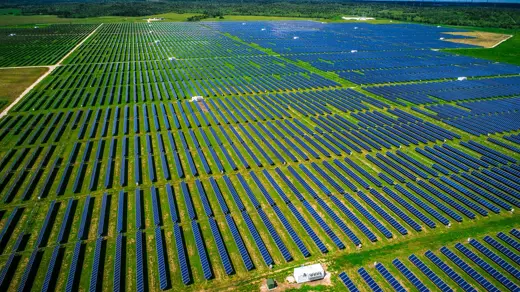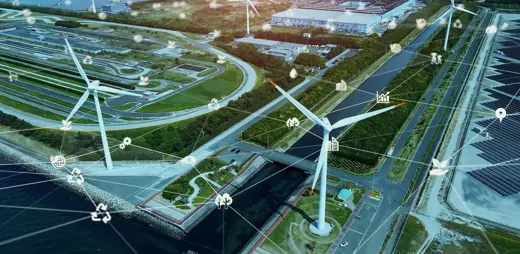Market movers have become much more ambitious about taking advantage of the undeniable growth and necessity for renewable energy, more sustainable agriculture, improved infrastructure, and other sectors that must succeed in order to limit dangerous global warming. When the chief executive of BlackRock, Larry Fink, writes an op-ed in the New York Times calling for net-zero carbon emissions by 2050, everyone should take notice.
Accordingly, private equity managers, credit managers and others want to put capital to work to address the harmful effects of greenhouse gases and other pollution. They also understand that, as the economy shifts, so should their portfolios. That means they increasingly expect their professional service providers to have answers to their questions regarding strategies for wise reallocations.
The regulators are not far behind. Europe has enacted new rules for environmental, social and governance investing. Britain and Hong Kong are on track to adopt ESG measures. American officials are formulating their approach now.





